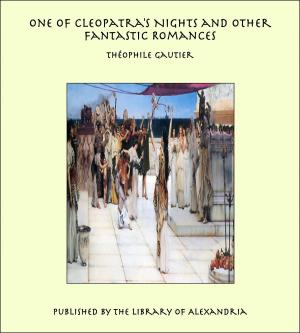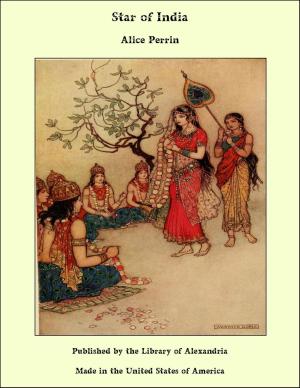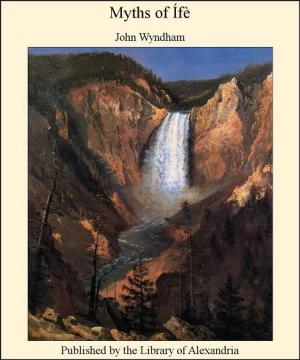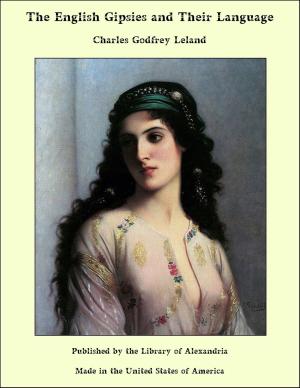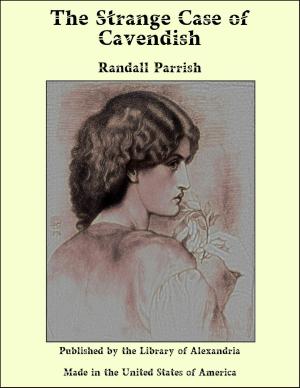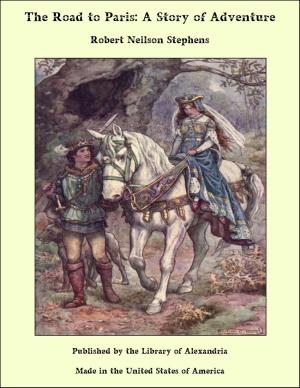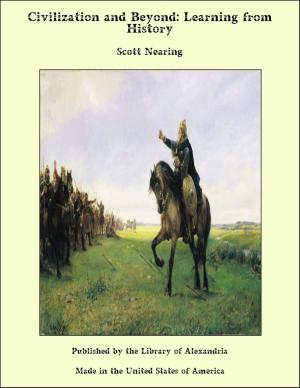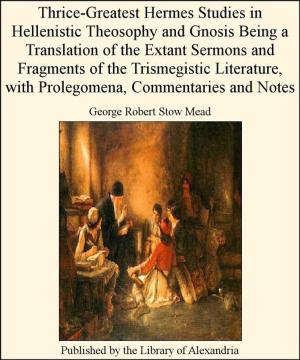| Author: | Anonymous | ISBN: | 9781613107386 |
| Publisher: | Library of Alexandria | Publication: | March 8, 2015 |
| Imprint: | Language: | English |
| Author: | Anonymous |
| ISBN: | 9781613107386 |
| Publisher: | Library of Alexandria |
| Publication: | March 8, 2015 |
| Imprint: | |
| Language: | English |
The literature of ancient Armenia that is still extant is meagre in quantity and to a large extent ecclesiastical in tone. To realize its oriental color one must resort entirely to that portion which deals with the home life of the people, with their fasts and festivals, their emotions, manners, and traditions. The ecclesiastical character of much of the early Armenian literature is accounted for by the fact that Christianity was preached there in the first century after Christ, by the apostles Thaddeus and Bartholomew, and that the Armenian Church is the oldest national Christian Church in the world. It is no doubt owing to the conversion of the entire Armenian nation under the passionate preaching of Gregory the Illuminator that most of the literary products, of primitive Armenia—the mythological legends and chants of heroic deeds sung by bards—are lost. The Church would have none of them. Gregory not only destroyed the pagan temples, but he sought to stamp out the pagan literature—the poetry and recorded traditions that celebrated the deeds of gods and goddesses and of national heroes. He would have succeeded, too, had not the romantic spirit of the race clung fondly to their ballads and folk-lore. Ecclesiastical historiographers in referring to those times say quaintly enough, meaning to censure the people, that in spite of their great religious advantages the Armenians persisted in singing some of their heathen ballads as late as the twelfth century. Curiously enough, we owe the fragments we possess of early Armenian poetry to these same ecclesiastical critics. These fragments suggest a popular poesy, stirring and full of powerful imagery, employed mostly in celebrating royal marriages, religious feasts, and containing dirges for the dead, and ballads of customs—not a wide field, but one invaluable to the philologist and to ethnological students.
The literature of ancient Armenia that is still extant is meagre in quantity and to a large extent ecclesiastical in tone. To realize its oriental color one must resort entirely to that portion which deals with the home life of the people, with their fasts and festivals, their emotions, manners, and traditions. The ecclesiastical character of much of the early Armenian literature is accounted for by the fact that Christianity was preached there in the first century after Christ, by the apostles Thaddeus and Bartholomew, and that the Armenian Church is the oldest national Christian Church in the world. It is no doubt owing to the conversion of the entire Armenian nation under the passionate preaching of Gregory the Illuminator that most of the literary products, of primitive Armenia—the mythological legends and chants of heroic deeds sung by bards—are lost. The Church would have none of them. Gregory not only destroyed the pagan temples, but he sought to stamp out the pagan literature—the poetry and recorded traditions that celebrated the deeds of gods and goddesses and of national heroes. He would have succeeded, too, had not the romantic spirit of the race clung fondly to their ballads and folk-lore. Ecclesiastical historiographers in referring to those times say quaintly enough, meaning to censure the people, that in spite of their great religious advantages the Armenians persisted in singing some of their heathen ballads as late as the twelfth century. Curiously enough, we owe the fragments we possess of early Armenian poetry to these same ecclesiastical critics. These fragments suggest a popular poesy, stirring and full of powerful imagery, employed mostly in celebrating royal marriages, religious feasts, and containing dirges for the dead, and ballads of customs—not a wide field, but one invaluable to the philologist and to ethnological students.


